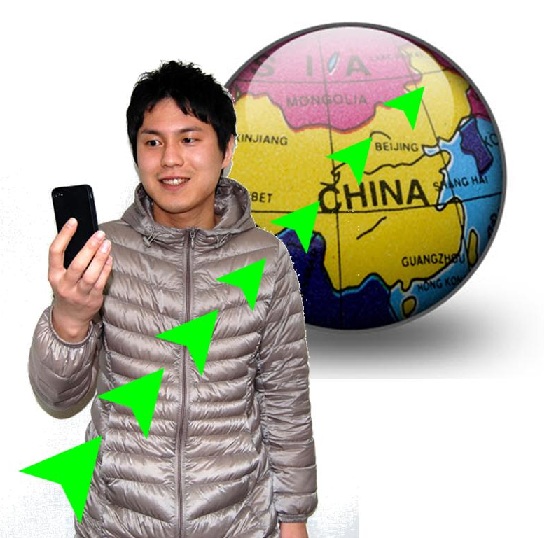 Mobile games are picking up steam in China
Mobile games are picking up steam in China
When it comes to online gaming, China is a thriving market. China has been closed off to console gaming for several years, but this has allowed the PC gaming sector to thrive. While laws exist in the country that limit the amount of time a person can spend on online games, the PC game market has managed to grow exponentially over the past few years. According to a new report from Niko Partners, the PC online game market in China is expected to hit $11.9 billion in revenue by the end of this year. Mobile games, however, may derail these forecasts.
Online games continue to prove very successful among consumers
One of the most popular online games in China currently is World of Warcraft. This game has helped the PC gaming market thrive due to its addicting nature and the hours upon hours of content it offers to players. Less popular online games have also helped the growth of the market, but the grip that these games have on the Chinese market may be loosened by a major shift in focus toward mobile games and other, less casual titles.
Mobile games offer consumers more freedom
The Chinese market is beginning to grow more interested in mobile games. Part of the reason behind this is because these games are often more social and much more casual than other online games. China also does not restrict the time consumers can spend on mobile games, and these games are not required to be played in Internet cafes, making them immediately more accommodating to those that are not interested in spending a few hours in a particular space.
Online games expected to continue showing strong progress
While online games may be losing their luster with Chinese consumers to some degree, the market is still responsible for strong revenue. Niko Partners predicts that the online PC gaming market will continue to grow despite the impact of mobile games and that this growth will remain steady for the next five years.
 Docomo teams with China Mobile to bring mobile games to Chinese consumers
Docomo teams with China Mobile to bring mobile games to Chinese consumers
NTT Docomo, one of the largest mobile operators in the world and the largest operator in Japan, has signed an agreement with China Mobile, a developer of mobile games. Through this agreement, Docomo will offer a localized version of its “d game” platform to the Chinese market. The platform is expected to make mobile games more available to consumers throughout the country. This is the first time that the d game platform is being used outside of Japan.
Docomo sees major promise in the mobile sector
Japan is one of the most active mobile markets in the world. Consumers throughout the country have access to and own mobile devices of various types. Many of these people use their devices to play mobile games. China boasts of a large consumer base that is interested in mobile gaming as well, a fact that has not been ignored by Docomo. Mobile games currently represent one of the most lucrative sectors of the game industry as a whole, encouraging companies like Docomo to expand their reach in the gaming as much as they can.
China Mobile to leverage the d game platform
China Mobile boasts of 700 million subscribers, all of whom will be exposed to Docomo’s d game platform in the coming weeks. Initially, 20 mobile games will be available on the platform for Chinese consumers. More games will be introduced to the platform over time, as more titles are localized. Non-game content can be found through the platform as well, some of which comes from well known Japanese game publishers Capcom, Konami, and Square Enix.
China Mobile and Docomo team to promote NFC technology
This is not the first time Docomo and China Mobile have joined forces. In February of this year, the two companies joined forces to launch an international NFC service. The service allows NFC readers developed by both companies to be sold by each company in their given market. The deal was meant to promote social interaction among gamers, as well as promote mobile commerce and information distribution in both China and Japan.
 Mobile games are picking up steam in China
Mobile games are picking up steam in China
 Docomo teams with China Mobile to bring mobile games to Chinese consumers
Docomo teams with China Mobile to bring mobile games to Chinese consumers